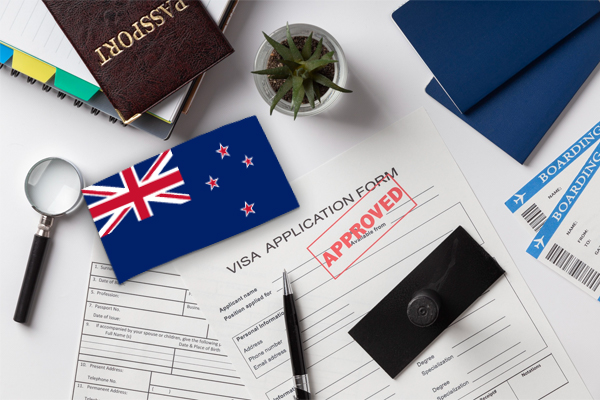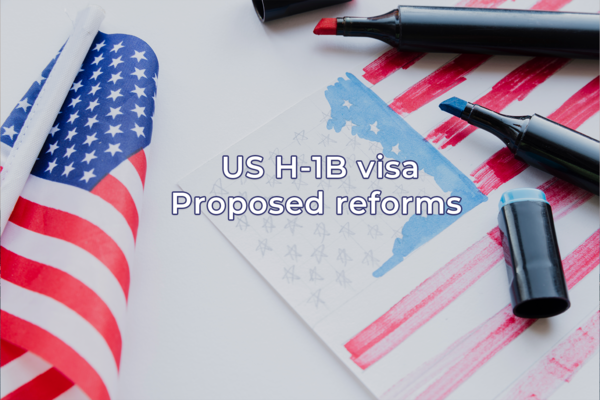Table of Contents
Work Visa Changes:
New Zealand’s Immigration Minister Erica Stanford has introduced immediate changes to the Accredited Employer Worker Visa (AEWV) scheme. It is said to be a strategic effort to align immigration policies with economic needs and address concerns surrounding migrant exploitation.
Key Adjustments:
Following are the key adjustments made to the Accredited Employer Worker Visa (AEWV) scheme:
- Introducing English language requirements for migrants applying for low-skilled roles at levels 4 and 5.
- Implementing minimum skills and work experience criteria to ensure competency and suitability for designated roles.
- Requiring employers to engage with Work and Income before migrant approvals for level 4 and 5 positions.
- Reducing the maximum continuous stay for designated roles from 5 to 3 years.
- Discontinuing the franchisee accreditation category, necessitating businesses to adhere to standard accreditation processes for hiring overseas workers.

Migration Landscape:
Statistics from 2023 underscore the necessity of these changes, with nearly 173,000 non-New Zealand citizens entering the country, nearing a record high. Stanford emphasizes the importance of these adjustments in better assessing the local labor market and minimizing displacement of New Zealand workers.
Further Actions:
Additionally, the government has postponed plans to include 11 roles, such as welders and fitters and turners, on the Green List. The cessation of the Work to Residence pathway for bus and truck drivers for new applicants reflects resolved shortages in the field.
Future Prospects:
Stanford frames these changes as the initial steps in a broader agenda aimed at refining the immigration system. The government’s objectives include effective net migration management, talent attraction, sustainable funding, and improved risk management.






